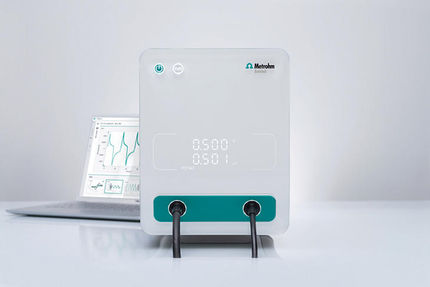To use all functions of this page, please activate cookies in your browser.
my.chemeurope.com
With an accout for my.chemeurope.com you can always see everything at a glance – and you can configure your own website and individual newsletter.
- My watch list
- My saved searches
- My saved topics
- My newsletter
Barium swallow
Product highlight
SummaryA barium swallow is a medical imaging procedure used to examine the upper GI (gastrointestinal) tract, which includes the oesophagus and, to a lesser extent, the stomach. PrincipleBarium sulphate is a type of contrast medium that is visible to x-rays. As the patient swallows the barium suspension, it coats the esphagus with a thin layer of the barium. This enables the hollow structure to be imaged. ExaminationThe patient is asked to drink a suspension of barium sulfate. Fluoroscopy images are taken as the barium is swallowed. This is typically at a rate of 2 or 3 frames pers second. The patient is asked to swallow the Barium a number of times, whilst standing in different positions, i.e. AP, oblique and lateral, to assess the 3D structure as best possible. PathologyPathologies detected on a Barium Swallow include:
See also |
|
| This article is licensed under the GNU Free Documentation License. It uses material from the Wikipedia article "Barium_swallow". A list of authors is available in Wikipedia. |







